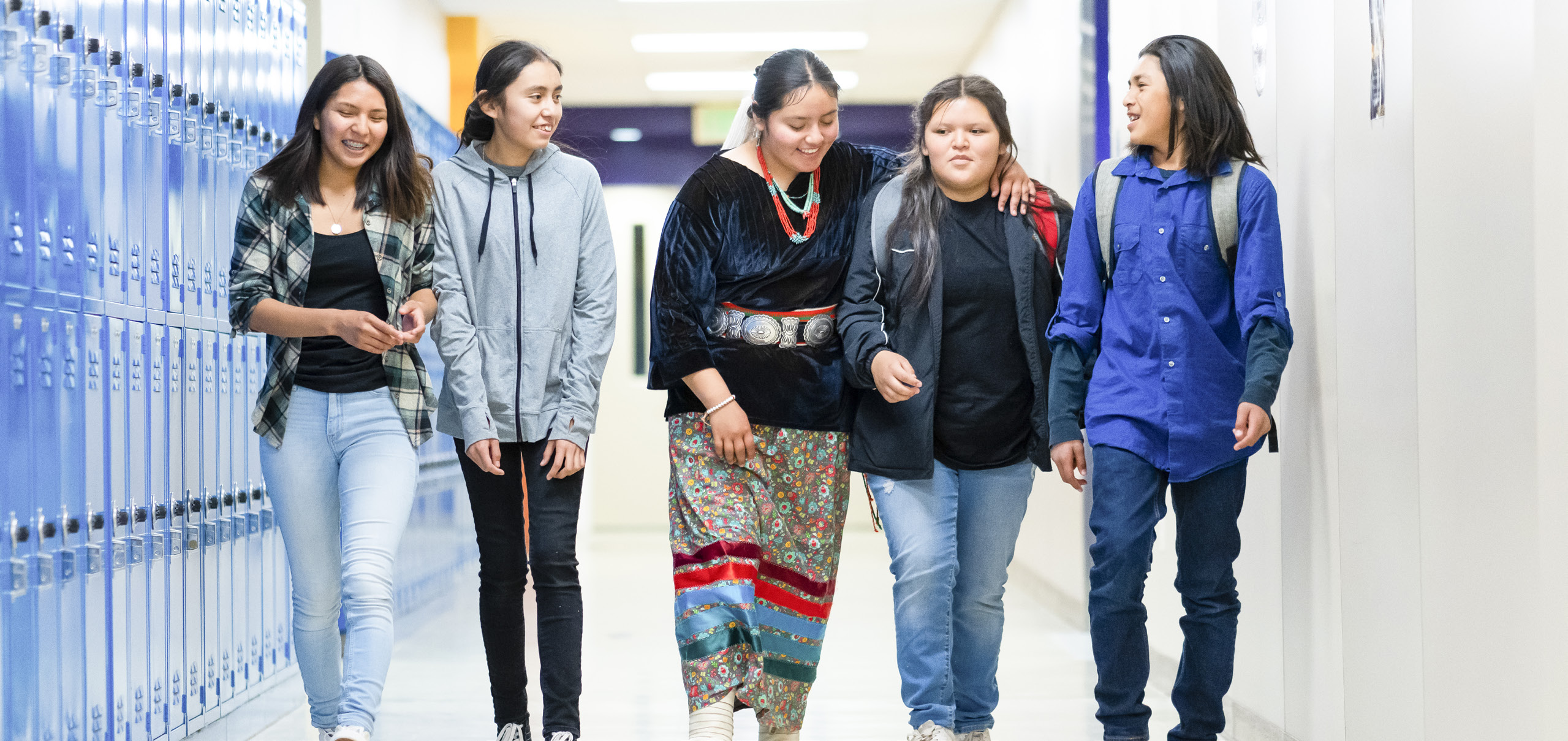School Counselors
What is their role and how to access them

Photo: iStock
A school counselor is an essential resource to the public school community. Every Montana school district is required by the Office of Public Instruction (OPI) to employ a licensed school counselor with a minimum ratio of one school counselor to 450 students. Oftentimes, in rural areas with a smaller student population, school counselors travel to multiple schools to accommodate student needs. School counselors are licensed to work at the elementary, middle, and high school levels. They are a masters-level-educated, comprehensively trained counselor who specializes in school environments and is legally obligated to abide by their professional, ethical code of conduct. That means a school counselor has the training and experience to address every student’s academic, career and social/emotional needs to help facilitate development of the whole child and their active engagement in lifelong learning.
School counselors implement a counseling program designed to reach every student. These programs are comprehensive in scope, preventive in design, and developmental in nature; the intention of a program is to improve student outcomes such as attendance, well-being, academic achievement, and graduation rates (American School Counseling Association, 2023). The program’s curriculum is state-approved and includes a systematic and planned program delivery through classroom guidance lessons and small group advisement. The curriculum focuses on tangible skill-building and whole-child learning. An example of a social/emotional lesson for first graders may be teaching children about friendship, and introducing appropriate social choices when a student experiences interpersonal trouble with a peer. School counselors can address and support students’ academic, career and social/emotional development from kindergarten through graduation.
ACADEMICS
School counselors use data to identify students’ academic development issues, needs, and challenges and work collaboratively with teachers and administrators to apply achievement strategies to help foster learning for each child. They assist teachers with classroom management techniques and help children with behavioral regulation to optimize the learning environment. They track student attendance data, and work with children and their families to address any issues with consistent school attendance and to understand their needs; they can connect families to resources outside of school to support basic needs in order to help a child be more engaged in the classroom. School counselors also advocate for students at Individual Education Plan meetings, 504 plans, and student support meetings.
CAREER AND POSTSECONDARY PLANNING
Elementary school counselors introduce students to the world of work, sustainable study and work habits, interpersonal collaboration skills, and how to value lifelong learning. Middle school counselors expand student awareness of postsecondary options through workforce exploration, exposure to military pathways, and an investigation of postsecondary options in higher education and trade schools. They may host informational meetings for parents/guardians to help students (and their parents) transition from elementary to middle school, and middle school to high school.

Photo: iStock
At the high school level, school counselors explain specific coursework and credits needed for graduation and work closely with each student to customize academic plans to specific postsecondary plans. School counselors facilitate student access to critical assessments and resources necessary for postsecondary preparedness, such as admissions tests, financial applications, and apprenticeship programs. High school students with access to a school counselor are more likely to graduate, complete financial aid forms and transition into a postsecondary career path.
SOCIAL/EMOTIONAL DEVELOPMENT
While most of the job is preventative, a school counselor is also trained to provide short-term individual and group counseling in the school. According to OPI, school counselors are an invaluable resource in the school to support children through transition, grief, divorce, friendship problems, cyberbullying, or school avoidance. In the last two years, Montana has seen a significant increase in student behavioral health challenges, including an increase in depression and anxiety as well as resulting school truancy, increased substance use, and poor academic achievement that occurs from these difficulties. Importantly, school counselors are trained to recognize student challenges, and provide a primary referral to outside resources/professionals for cases in which students need more intensive, longer-term mental health support. Research maintains that an in-school licensed school counselor who mentors students and implements a comprehensive program prevents dangerous risk factors and is a protective factor in students’ lives.
HOW TO ACCESS A SCHOOL COUNSELOR
School counselors support students in the building and are also resources for teachers, school administration, and students’ parents. They have vast knowledge about child development, mental and behavioral issues, academic success, and career/postsecondary options. There doesn’t need to be a problem to contact a student’s school counselor. In fact, parents and guardians can reach them via phone or email and make an appointment to discuss the child’s experience at school or explore post-secondary options. They generally have contact information listed in the staff directory, on their school’s website, or can be reached through the school’s main office. If a parent or guardian is uncomfortable making direct contact with the school counselor, they can talk with their child’s teacher or an administrator to coordinate a connection.
School counselors serve various roles in a school district. They are a trustworthy and useful resource for the entire school community, and their cooperative and collaborative work helps to enhance student outcomes and well-being.
Katey T. Franklin, PhD, LSC, LCPC is an MSU Assistant Professor in the Department of Counseling, School Counseling Program Leader and Director of the Center for Mental Health Research and Recovery.
